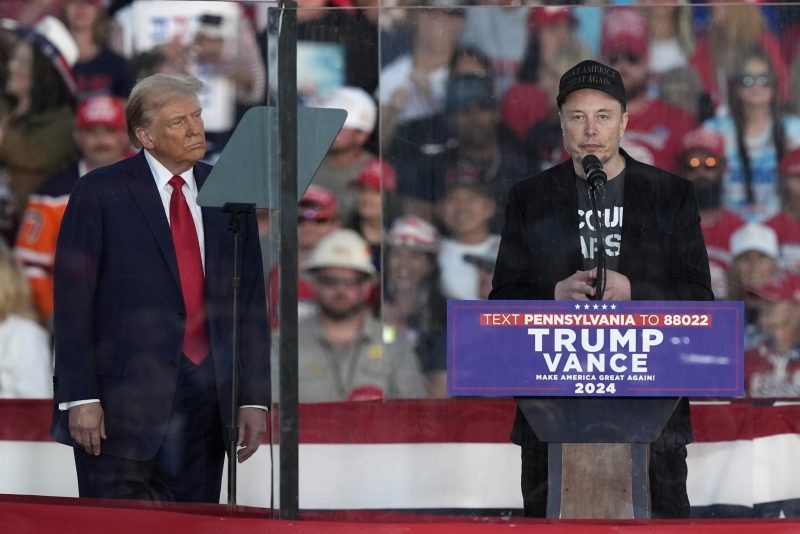The recent announcement that Elon Musk has donated $75 million to his America PAC (Political Action Committee) has stirred up conversations across the political spectrum. The donation comes at a crucial time as the PAC pushes for the election of Donald Trump as president in 2024.
One of the key points under discussion is the influence of billionaires like Musk in shaping political landscapes. Critics argue that such large donations can give undue power to a select few, potentially undermining the democratic process. On the other hand, supporters of Musk and like-minded individuals contend that these donations are a form of free speech and a legitimate way for individuals to support causes and candidates they believe in.
The timing of Musk’s donation and his support for Trump have also raised eyebrows. Given Musk’s influence in the tech and space industries, his alignment with a controversial figure like Trump has sparked debates about the intersection of politics and business. Critics question whether Musk’s support for Trump is driven by personal ideology or if there are business interests at play.
Furthermore, Musk’s donation to his own PAC raises questions about transparency and accountability in campaign finance. While PACs are meant to support candidates and causes, the fact that Musk is donating to his own PAC blurs the line between personal wealth and political influence. This move invites scrutiny over how the funds will be used and whether they will truly serve the interests of the public or further the agenda of a specific individual.
The implications of Musk’s donation go beyond the immediate context of the 2024 election. It highlights broader issues such as campaign finance reform, the role of billionaires in politics, and the need for transparency and accountability in political donations. As debates continue to unfold, it is essential for the public to stay informed and engaged in discussions about the intersection of money, power, and politics.



























